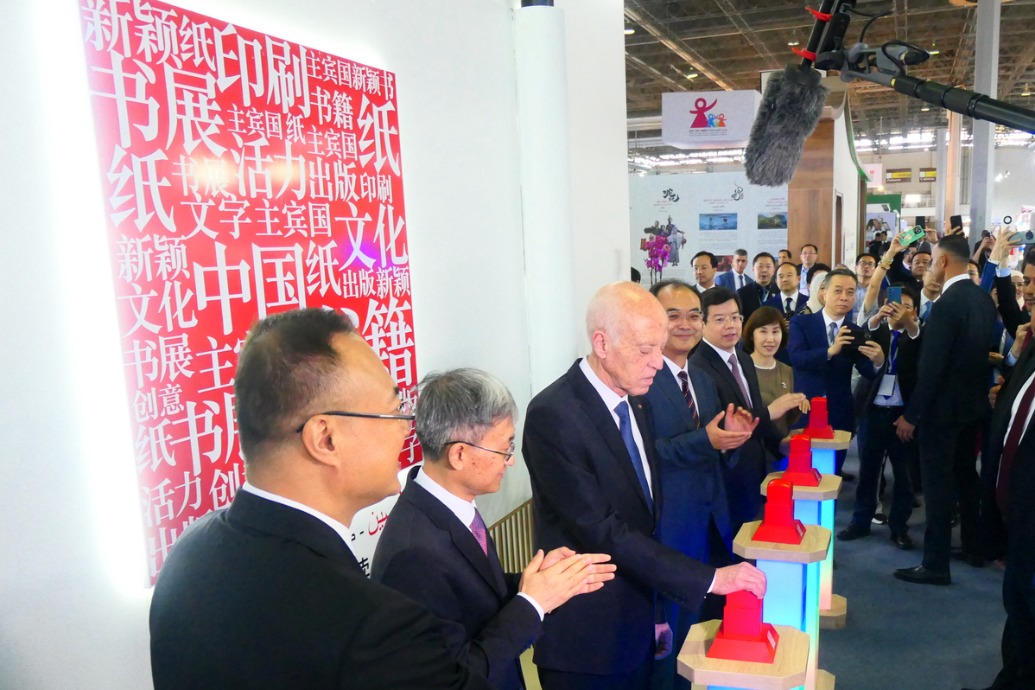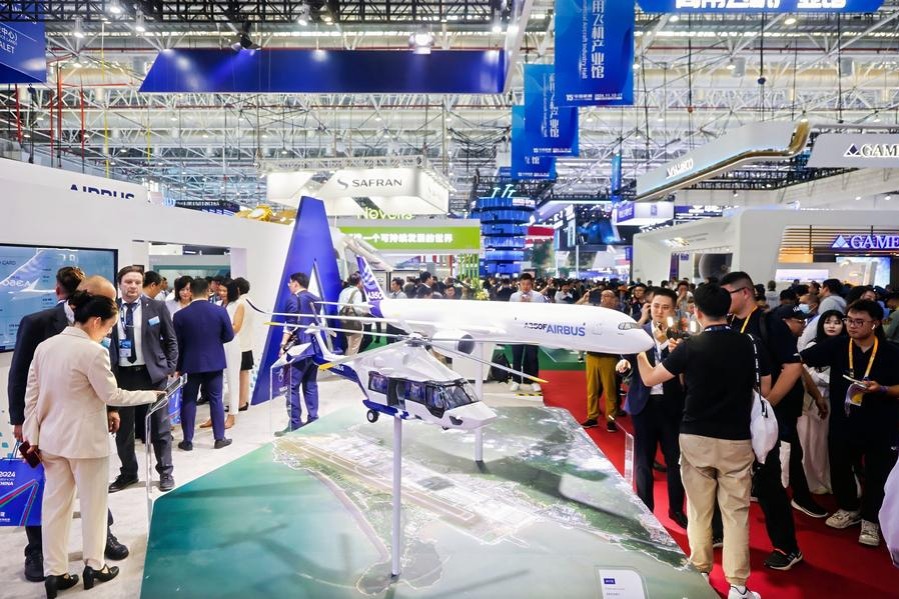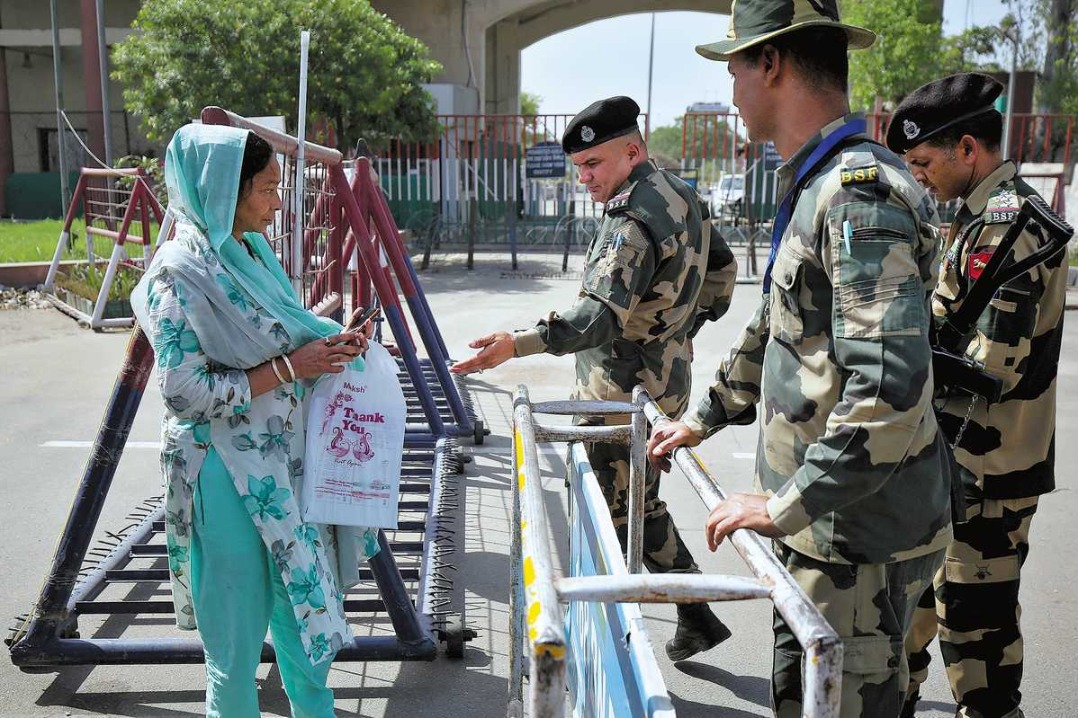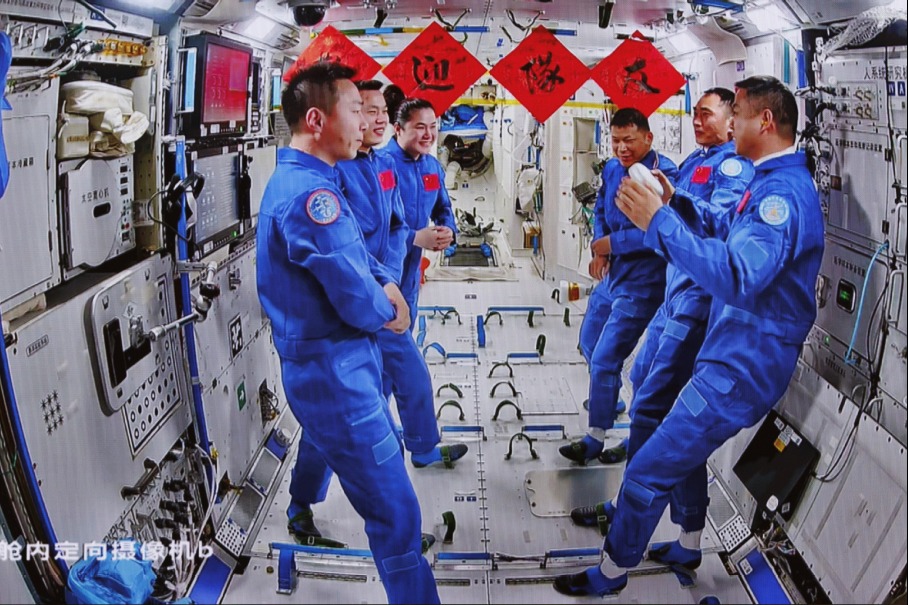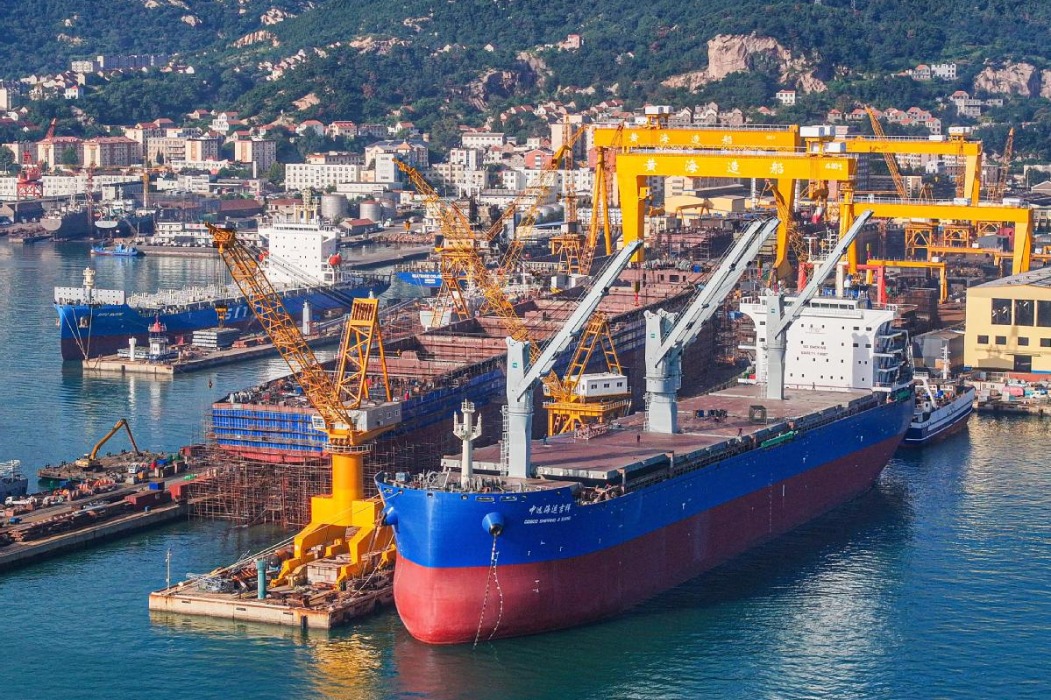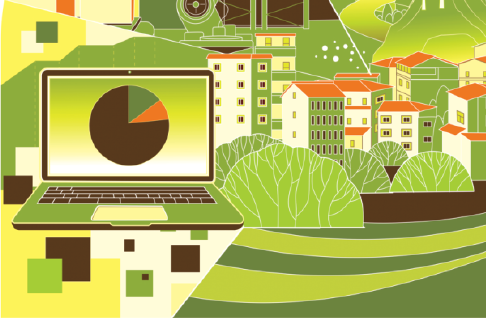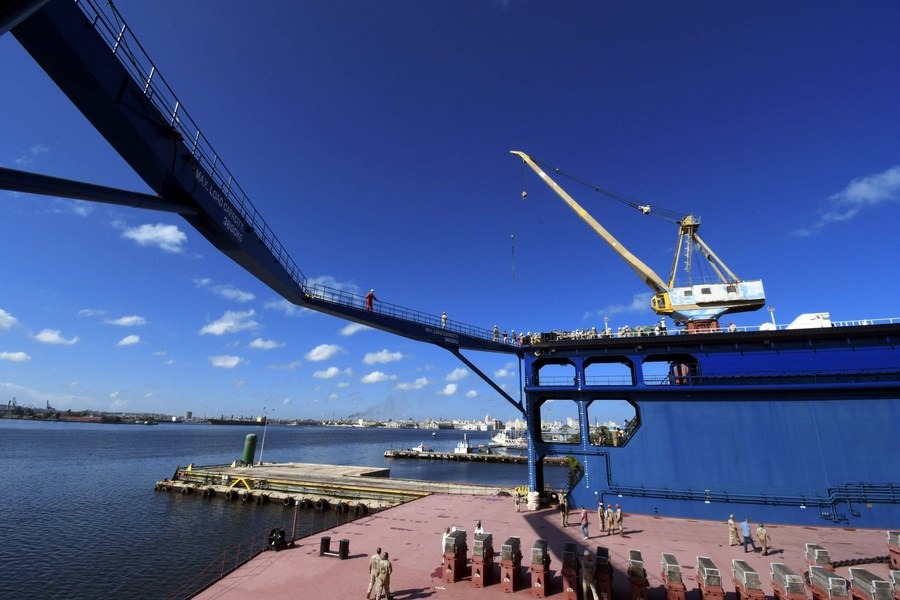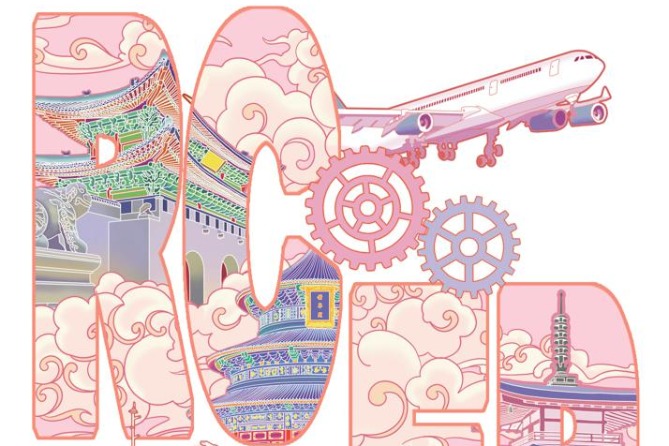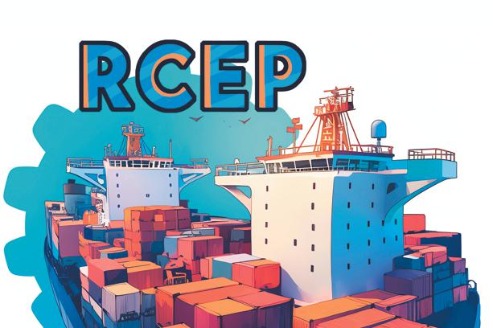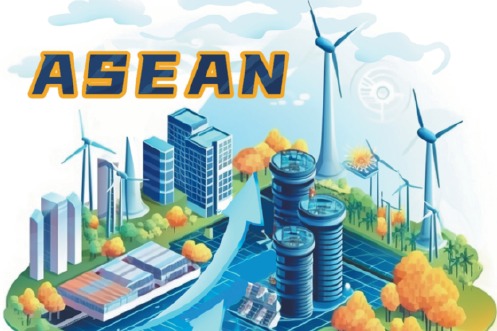Helping themselves


African nations taking part in BRI must exhibit cooperation and support in order to optimize the advantages of this endeavor for their economic growth
Many African countries are undertaking diverse reform measures to enhance governance effectiveness and promote modernization.
The concept of modernization refers to the process of adopting and implementing contemporary ideas and practices. The significance of national government in fostering economic growth inside a country cannot be overstated. The modernization of national administration is necessary due to its various components, namely economic, social and political. Nevertheless, the process of modernization poses significant challenges for developing nations such as those in Africa, primarily due to infrastructure limitations and cultural barriers. It is important to note that the modernization process in Africa was not internally driven, but rather influenced and forced by developed nations.
Therefore, will the Belt and Road Initiative provide African nations with an opportunity to advance their modernization path? Indeed, it is quite likely that it will have an impact due to the following reasons.
One of the primary impediments to Africa's economic development and modernization is the inadequate infrastructure. According to the World Bank, the poor condition of infrastructure in Africa constrains economic growth by 2 percent year-on-year and cuts productivity by as much as 40 percent. Moreover, as pointed out by the Infrastructure Consortium for Africa, it is contended that the substandard condition of roads, rail networks and port infrastructure in the region leads to a significant rise in the expenses associated with intra-African trade, estimated to be around 30 to 40 percent.
As mentioned by the African Development Bank, infrastructure investments are necessary for Africa to sustain its economic growth. Hence, in order to facilitate the modernization of Africa and enhance the quality and efficiency of its physical infrastructure, it is imperative to prioritize the development of transportation infrastructure, such as roads, railroads, ports and airports, as well as infrastructure for water, power and telecommunications. As per the African Development Bank's assessment, Africa needs an estimated annual sum of $170 billion by 2025 to undertake a comprehensive infrastructure transformation for new infrastructure and the maintenance of existing infrastructure. However, it is worth noting that local banks and financial institutions lack the capacity to fully finance these projects. It requires support from additional sources, such as China's BRI. The BRI is poised to provide financial support for the development of ports, highways and several other forms of infrastructure on a global scale. China has emerged as a significant investor in Africa and is expected to maintain its substantial financial contributions to the continent. Based on data from the Center for Global Development, Chinese development banks allocated a total of $23 billion toward infrastructure development in Africa from 2007 to 2020. In contrast, the combined contributions from all other development banks amounted to $9.1 billion.
The Belt and Road projects have provided significant assistance to numerous African countries. One notable example is the Ethiopia-Djibouti railway, which serves as a vital link between Addis Ababa and Djibouti City's port. This railway is of greatest importance to landlocked Ethiopia, which requires access to a port for trade activities. Notably, the financing for this essential infrastructure project has been facilitated by the Export-Import Bank of China as part of the broader BRI. Furthermore, a considerable proportion of the financial resources allocated to the Mombasa-Nairobi Standard Gauge Railway project in Kenya, as part of the BRI, were sourced from the Export-Import Bank of China, constituting almost 90 percent of the overall budget. In this particular scenario, the BRI has the potential to serve as a means to address the challenges of modernization in Africa, particularly in light of financial limitations.
Fear that the process of modernization will undermine their cultural and societal values is the second concern associated with African modernization. Numerous instances of modernization endeavors in Africa have exhibited a lack of acknowledgment of the indigenous culture and values of African societies. On the other hand, the BRI allows nations to take charge of their fate and collaborate to create a global society. President Xi Jinping has stated that China shouldn't develop alone. It should be a global effort, especially for developing countries. Peaceful development, cooperation, and shared prosperity should underpin modernization.
The BRI is founded on the principle of fostering mutual growth rather than imposing a predetermined development model, thereby mitigating potential conflicts arising from cultural and value disparities in developing nations on the path to modernization.
Therefore, the BRI has the potential to address the obstacles associated with modernization, specifically the potential erosion of cultural heritage and values in favor of industrialization.
Hence, it is imperative for African nations taking part in the BRI to exhibit cooperation and support in order to optimize the advantages of this endeavor for their economic growth and modernization endeavors.
The author is former state minister of trade and industry of Ethiopia. The author contributed this article to China Watch, a think tank powered by China Daily.
The views do not necessarily reflect those of China Daily.


















